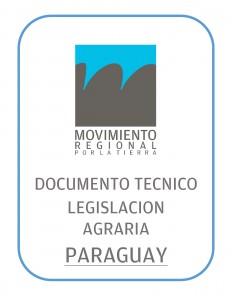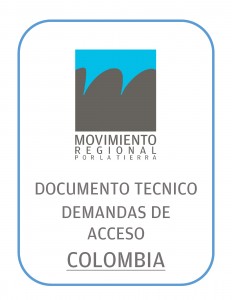Land to some tillers: development-induced displacement in Laos
ABSTRACTED FROM THE INTRODUCTION: My focus in this paper is on the kinds of development pursued by state agencies and large international aid organisations, and specifically, the displacement effects of what I am calling the new land tenure reform agenda. I will illustrate my arguments through an account of the Land and Forest Allocation Programme in Laos.











